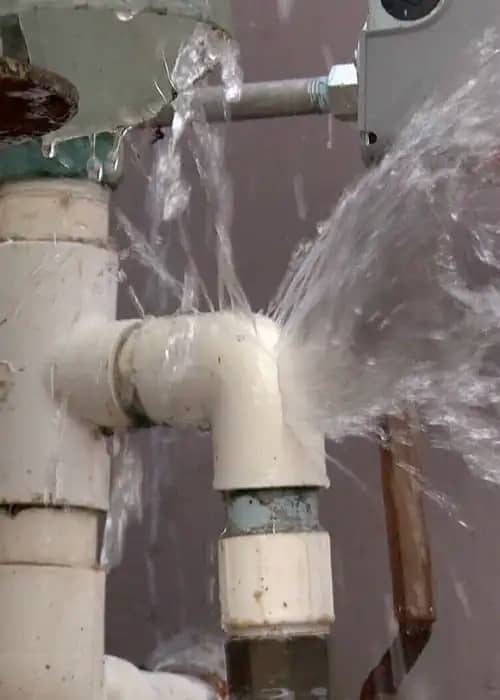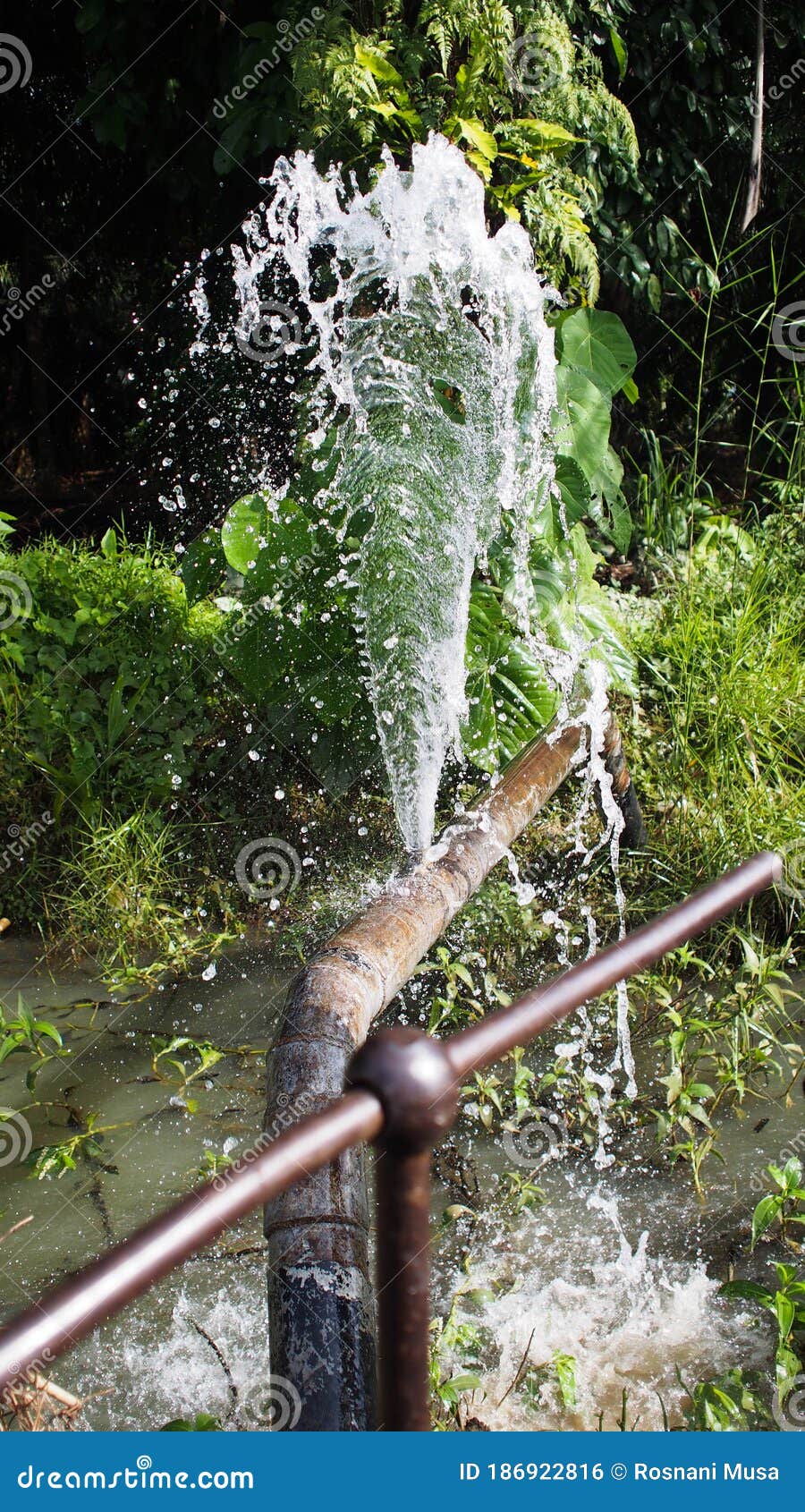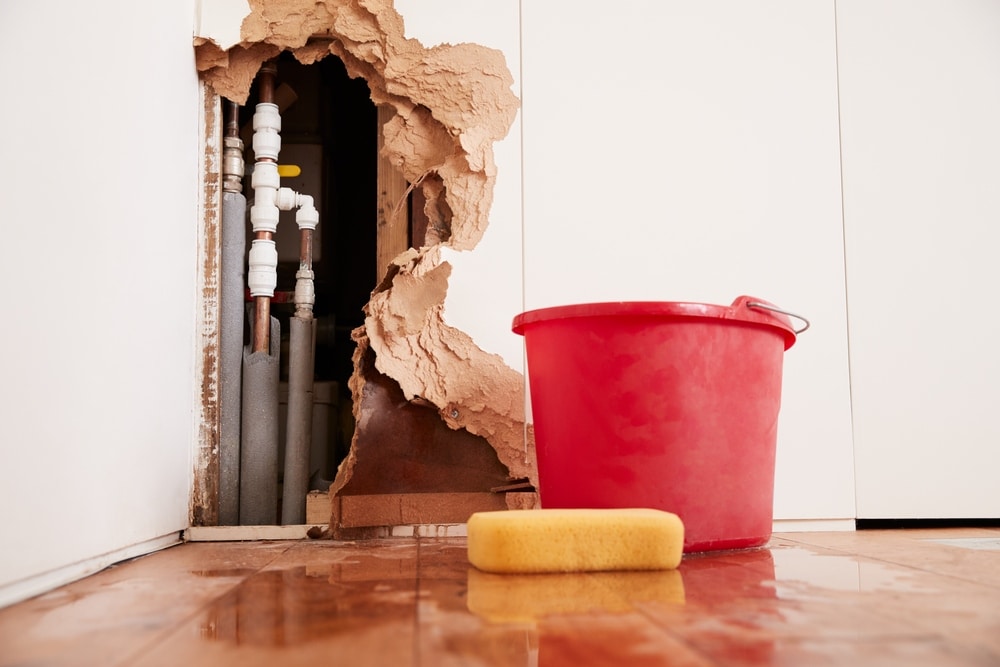Preventing a Burst Pipe: Tips for Protecting Your Plumbing During Winter
Avoiding Ruptured Pipes: Crucial Tips to Shield Your Pipes
Preventing ruptured pipes is an essential problem for house owners, specifically during chillier months when the risk of cold is increased. Executing calculated procedures such as appropriate insulation, routine assessments, and keeping consistent interior temperature levels can substantially lower the possibility of pipe failing. In addition, recognizing emergency procedures outfits property owners to react swiftly to potential plumbing problems. Lots of are unaware of the specific susceptabilities that their pipelines may encounter. Checking out these vulnerabilities can provide invaluable insights right into protecting your plumbing system efficiently.
Understand Pipe Vulnerabilities
Comprehending pipeline vulnerabilities is crucial for efficient pipes upkeep and avoiding costly damages. A number of factors add to the susceptibility of pipes to bursts, consisting of material composition, age, and environmental conditions. Older pipes, specifically those made from galvanized steel or polybutylene, usually weaken in time, resulting in boosted threat of leakages and ruptures.
Temperature level changes can also considerably impact pipe integrity. In cooler environments, water trapped in pipelines can ice up, broadening and applying pressure on the pipeline wall surfaces, which may inevitably lead to a burst. High water stress can stress pipelines, particularly at bends and joints, enhancing the likelihood of failing.

Insulate Pipeline Correctly
Proper insulation of pipelines is vital for preventing freezing and subsequent ruptureds throughout cold weather (burst pipe). Protecting your pipes system efficiently safeguards versus temperature drops that can result in pricey damages. Begin by identifying at risk locations where pipes are subjected to outdoor temperature levels, such as basements, attic rooms, and exterior walls
Use foam pipe insulation sleeves or wrap insulation tape around these areas to give a protective barrier. Guarantee that all areas of the pipelines, particularly those with limited warm direct exposure, receive adequate insulation. Pay special interest to joints and fittings, as these are much more prone to cold.
When shielding, it's necessary to pick products that satisfy neighborhood building ordinance and are suitable for the certain setting. As an example, fiberglass insulation is often suggested for its thermal resistance properties - burst pipe. Furthermore, think about utilizing heat cords or tape in extreme problems, which can be connected in to supply supplementary warm
Consistently check shielded pipelines for any type of indications of wear or damage, as endangered insulation can diminish its effectiveness. By taking these aggressive measures, you dramatically reduce the danger of pipeline ruptureds, guaranteeing a reliable pipes system throughout the cold weather.
Maintain Regular Temperature
A secure interior temperature level is important for avoiding burst pipes during the frigid months. When temperatures decline, water within pipes can ice up, increasing and producing pressure that might eventually cause the pipes to ruptured. To reduce this risk, property owners ought to keep a regular temperature level throughout their space, preferably no less than 55 ° F(13 ° C)Making use of a programmable thermostat can aid manage interior temperatures effectively, making certain that areas with pipes remain warm even when your house is unoccupied. Pay special attention to locations that are much more vulnerable to cold, such as basements, garages, and attic rooms. Keeping cabinet doors open under sinks can additionally enable warmer air from the home to flow around plumbing.
Additionally, it is prudent to enable taps to drip a little throughout extreme cold snaps. This small circulation of water can stop freezing by reducing stress within the pipelines. Throughout especially severe weather events, consider temporarily putting on hold any nighttime troubles on your thermostat to maintain a stable cozy setting. By carrying out these strategies, house owners can dramatically reduce the danger of pipe ruptureds and guard their pipes systems against the rough wintertime components.
Frequently Evaluate Plumbing
Routine inspections of plumbing systems are vital for preventing ruptured pipes and keeping total home integrity. Regular checks allow homeowners to recognize potential problems before they intensify into expensive repair work or significant water damages. During these inspections, it is important to examine visible pipes for signs of deterioration, leaks, or use. Pay special interest to locations vulnerable to cold, such as basements, attics, and exterior walls.
In addition, examining connections and joints is vital, as these points are frequently prone to leaks. Home owners should additionally assess water pressure degrees, as extreme stress can strain the plumbing system and raise the threat of pipeline bursts.
Take into consideration organizing specialist pipes evaluations at the very least as soon as a year, specifically prior to winter, to guarantee your system is prepared for chillier temperatures. By being aggressive in your approach, you can secure your home against the expensive and disruptive effects of burst pipelines.
Know Emergency Procedures
Recognizing webpage emergency situation treatments is important for every homeowner, particularly after conducting routine pipes evaluations. Being prepared for a pipes emergency situation can substantially alleviate damage and save expenses.
Next, keep necessary tools useful. A plumbing emergency set need to consist of a wrench, plunger, and towels, as webpage well as a flashlight and a bucket for tiny leakages. In addition, take into consideration having the contact information for a relied on plumbing professional easily available, needs to the circumstance escalate beyond your control.
If you spot a leak or burst pipeline, immediately shut off the water supply and alert your plumber. Furthermore, record the damage with pictures for insurance policy purposes. burst pipe. Recognize the indications of prospective pipes problems, such as unusual water stress changes or damp spots on wall surfaces
Inevitably, proactive understanding and speedy action are essential in taking care of pipes emergency situations, ensuring your home stays secured and decreasing potential damages.

Final Thought
To conclude, preventing burst pipelines necessitates a multifaceted technique that consists of understanding pipeline susceptabilities, proper insulation, maintaining constant interior temperatures, routine assessments, and understanding of emergency situation procedures. By applying these vital methods, the risk of plumbing failings can be substantially decreased, consequently ensuring the longevity and efficiency of the pipes system. Proactive procedures not just secure versus potential damages but additionally add to general water preservation and the defense of residential or commercial property.
In cooler environments, water caught in pipes can ice up, exerting and expanding pressure on the pipe wall surfaces, which might inevitably lead to a ruptured. When temperatures decline, water within pipes can ice up, expanding and helpful hints developing stress that might ultimately create the pipelines to burst. By carrying out these methods, property owners can considerably minimize the risk of pipe ruptureds and protect their plumbing systems versus the rough winter aspects.
